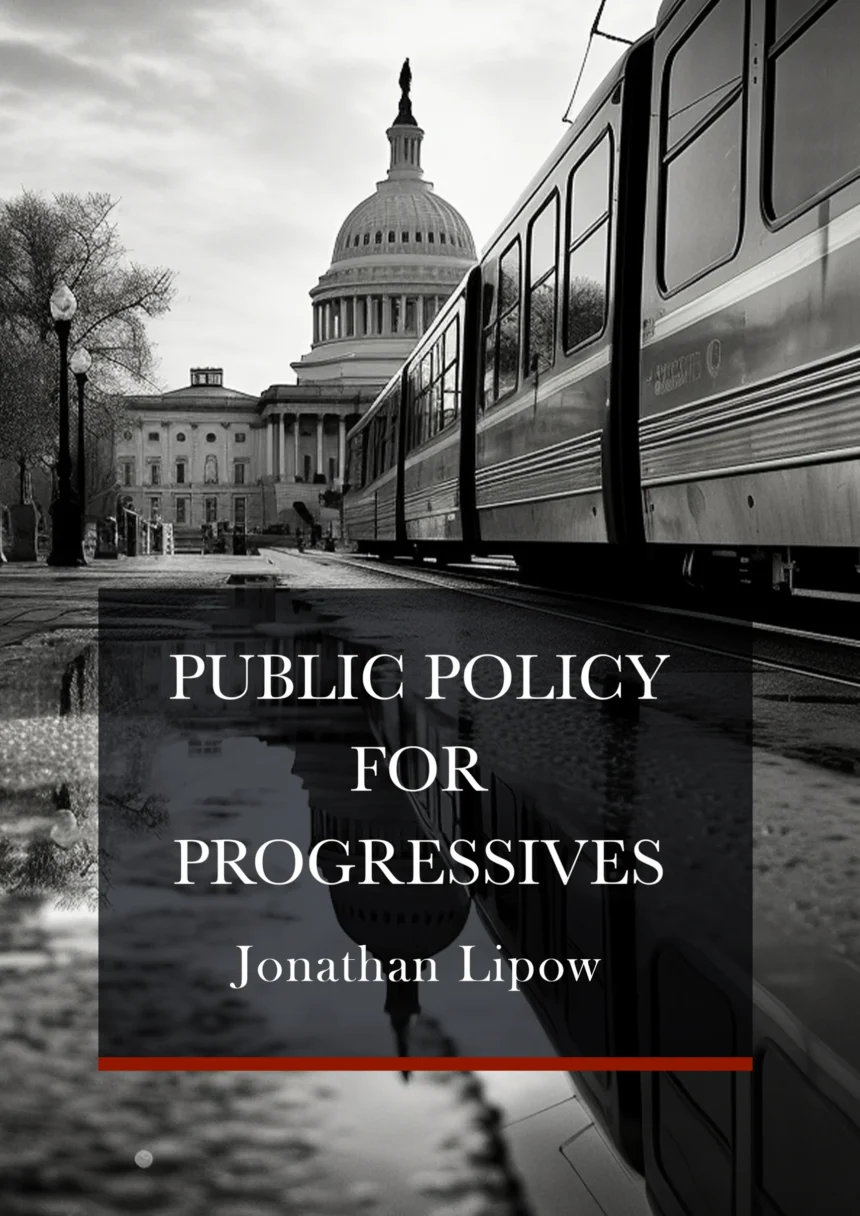Another quote from Jonathan Lipow’s book: Public Policy for Progressives.
I have posted about Lipow’s book three times so far (here, hereand hereWhat I like about Jonathan is that he’s both a progressive and an economist, and he doesn’t leave economics at the door of policy.
Here are some interesting insights into “Medicare for All” as a solution to health care spending.
He writes:
A hint that Medicare is part of the problem, not the solution, is that no Americans under 65 have Medicare, and U.S. health care spending for these people is only slightly higher per capita than in other OECD countries. Meanwhile, all Americans over 65 have Medicare. (DRH note: Not entirely true. My wife and I have Medicare Part A, but not any other part of Medicare. As a federal retiree, I keep my employer-provided health insurance.) And U.S. health care spending per capita for this group far exceeds that of other OECD countries. Formally, that doesn’t prove anything, but where there’s smoke, there might be fire. And Medicare is shrouded in a giant plume of thick smoke.
He later points out:
The first change the Medicare for All proposal would make to traditional Medicare is to eliminate all copayments, deductibles, and premiums. This would turn Medicare into a program that closely resembles the luxurious “all-cost” fee-for-service (FFS) insurance studied in the RAND experiment. Recall that the experiment found that “free FFS” insurance increased claims by 30% and provided negligible health benefits. Would something similar happen if we adopted Medicare for All?





